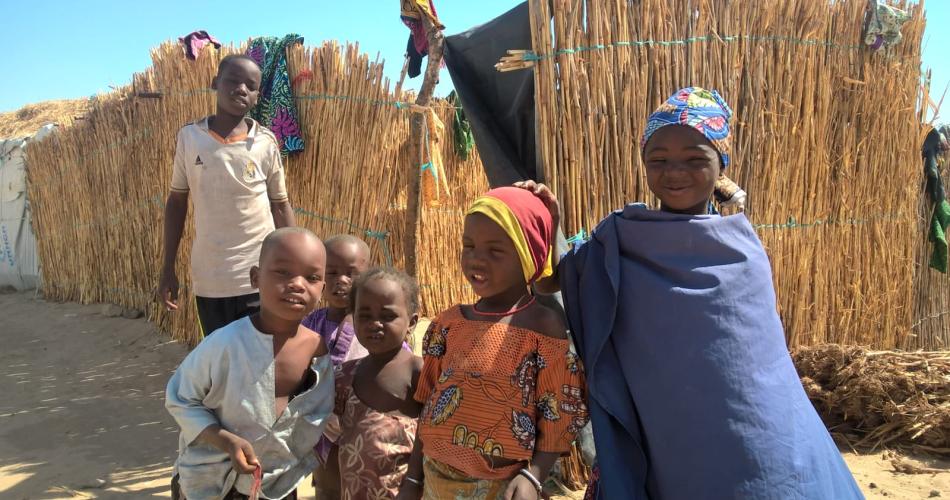Follow-up of minors protected because of a risk of sexual mutilation
Article L. 561-8 of the Ceseda provides periodic checks on the physical integrity of minors at risk of sexual mutilation and protected for this reason.
In order to ensure that the Ofpra's protection is effective, the legal representatives of a minor benefiting from refugee status or subsidiary protection are asked, in accordance with article L. 561-8 of the Ceseda, to have the child undergo medical examinations to establish that there has been no sexual mutilation.
A period of five years must elapse between examinations, unless the Office has serious reason to believe that sexual mutilation has been performed or could be performed in the meantime.
To issue these medical certificates, you must contact a forensic doctor.
Medical Certificate
Pursuant to article L. 531-11 of the Ceseda, this medical certificate is compulsory and must be drawn up by a practitioner in forensic medicine working in a hospital unit specialising in the forensic treatment of living persons (UMJ) or in a unit specialising in the treatment of women who are victims of violence, linked to a health establishment and approved by Ofpra after approval by the Minister for Health.
At the bottom of the page you will find contact details for health establishments and a model medical certificate in accordance with Order IOMV2330687A du 6 février 2024.
At the bottom of the page, you will find the contact information for the health establishments and the example of the medical certificate in compliance with the decree.
You will need to go to the medical exam equipped with :
Ofpra's letter
The child’s health record booklet.
Ofpra pays for the medical examination, after verifying that the service has been rendered on the basis of the certificate of the minor's attendance at the examination, which does not include any medical information.
This medical certificate will be directly sent to Ofpra by the health establishment.
Absence or refusal of certificate
Failure to produce this medical certificate or the finding of sexual mutilation of the protected child will result in a report being made to the Cellule de recueil des informations préoccupantes du département (CRIP) du Conseil départemental and to the Public Prosecutor's Office under the heading of children in danger (article 375 of the Civil Code). You are reminded that harming the physical integrity of a minor is a criminal offence in France.
Finally, when the parents or legal representatives of a minor child placed under Ofpra's protection due to a risk of sexual mutilation apply on her behalf to relinquish her status, this protection is only terminated if the Office, after hearing the legal representatives and carrying out an investigation, is absolutely convinced that the risk of sexual mutilation no longer exists. On the other hand, the protection granted to the child is maintained and a report is sent to Cellule de recueil des informations préoccupantes du département (CRIP) du Conseil départemental and to the Public Prosecutor's Office under the heading of children in danger (article 375 of the Civil Code).
